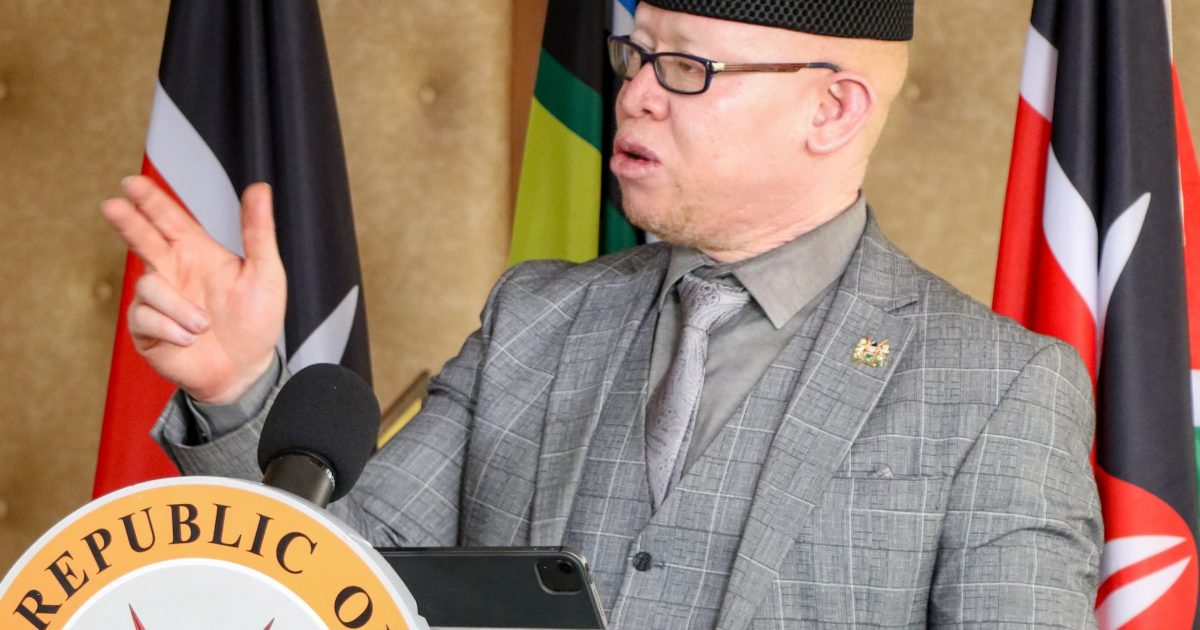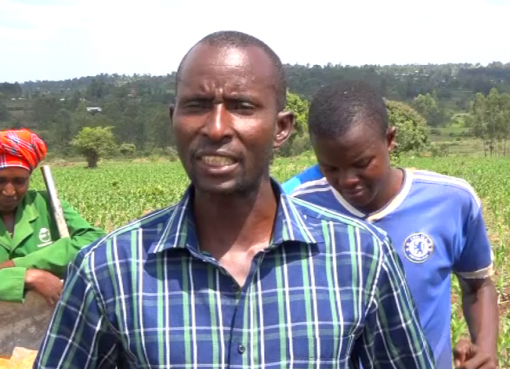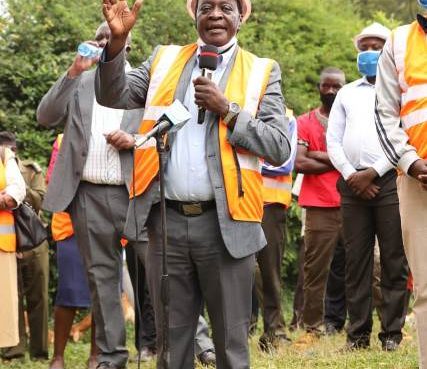The government has implemented various initiatives within the public service sector to enhance service delivery to citizens, create jobs and improve efficiency in public service delivery.
These initiatives include the modernization of human capital systems, enhanced counselling and wellness services for public servants, enhanced efficiency of the Huduma Kenya service delivery platform as well as enhanced skilling of the workforce.
According to Government Spokesperson Dr. Isaac Mwaura, 17,074 public officers have been trained and certified at the Kenya School of Government (KSG) with 25,655 youth trained at the National Youth Service (NYS) which has also increased its recruitment from 10,000 in 2022 to 38,205 in 2025.
Additionally, Dr. Mwaura announced that more Huduma centers have been established across the country with 13.5 million Kenyans served through the Huduma Kenya service platform to date.
“Mental health champions within the public service have been increased from 300 to 601 champions with an additional 4,000 public servants counselled in 2025. This marks a 75 percent increase in the number of public servants receiving mental health care within the service,” he revealed.
To modernize human capital systems, Dr. Mwaura emphasized that the government is committed to redesigning recruitment, retention, training and development policies and aligning them with merit-based principles.
He added that the government has consequently developed a web-based payroll application (Human Resource Information Systems (HRIS-Ke) and trained 60 Trainers of Trainers (ToT) in its implementation.
On national health matters, Dr. Mwaura said that the government in its goal to achieve Universal Health Coverage (UHC), has strengthened the legal framework for the implementation of the mandatory Social Health Insurance enrolment for all citizens.
This includes the Primary Health Act 2023, the Digital Health Act 2023 and the Social Health Insurance Act of 2023 where 19.7 million Kenyans have registered with the Social Health Authority compared to the 8 million that were registered with the National Health Insurance Fund (NHIF).
Speaking when he presented the Kenya Kwanza Administration Medium-Term Progress, Dr. Mwaura affirmed that the government has enabled access to the primary health care and emergency chronic and critical illnesses funds, thereby reducing the financial strain to beneficiaries.
“106,542 Community Health Promoters (CHPs) have also been trained and 100,000 kits have been provided to the CHPs. 96,542 of the CHPs are also receiving a stipend of Sh2500 compared to the 29,000 in 2022,” noted the government spokesperson.
Further, Dr. Mwaura underscored the government’s commitment to expanding household visits and health screenings for preventive care saying a total of 12.5 million households have been targeted and 8.5 million households have already visited.
He added that 6.9 million children under five have been assessed for illnesses, while 134,271 pregnant women have been referred for antennal care which, as a result, has increased access to preventive healthcare, enabling early detection and timely intervention for various health conditions, including diabetes and hypertension.
“To leverage health information technology, the government has provided 7,000 digital devices to public healthcare facilities across the country,” stated Dr. Mwaura, stressing that all 47 counties have electronic community health information system coverage.
Additionally, he mentioned that 63 percent of KEMSA products are now supplied by local manufacturers and varied distribution centers are being operationalized to increase access and availability of drugs.
By Michael Omondi





